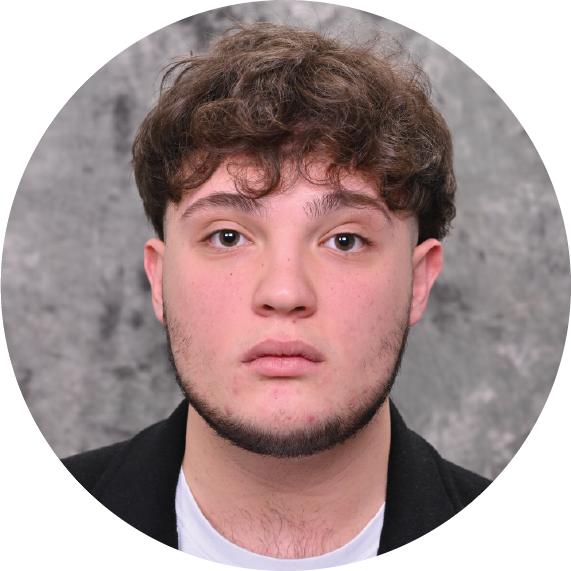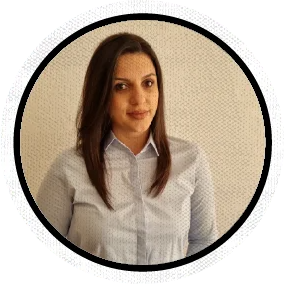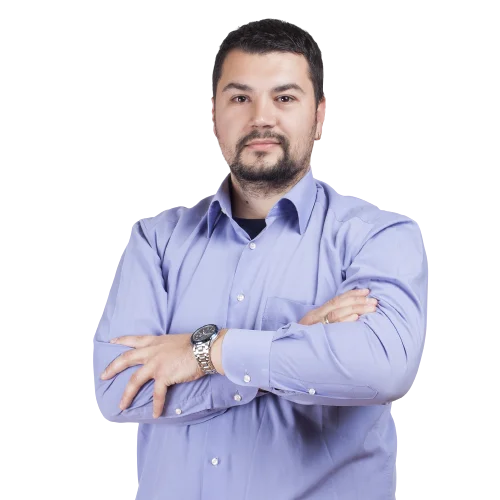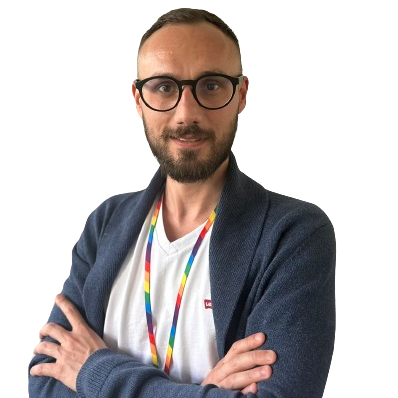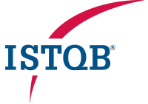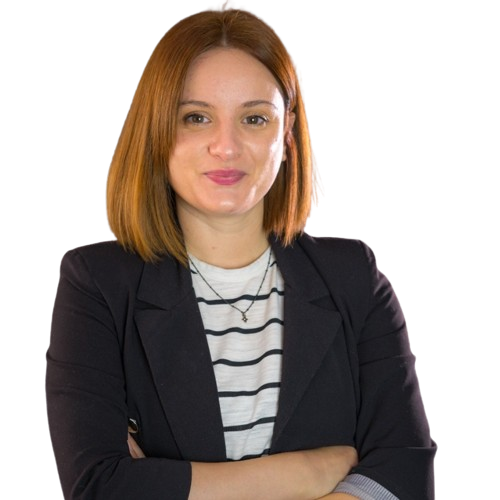This is a foundationlevel course designed to provide participants with an understanding of some of the fundamental principles of testing. You will learn how testing activities support development activities across different software development models as well as the common testing terminology.
The course provides an overview of both static an dynamic testing techniques and how to apply them; introduces test management issues including test planning and estimation, riskbased testing and incident management; and covers tool support for testing, describing many types of tool support, the benefits and potential risks of tools and an effective process for introducing them into an organization.
The Foundation Level qualification is primarily aimed at professionals who need to demonstrate practical knowledge of the fundamental concepts of software testing.
This includes people in roles such as test designers, test analysts, test engineers, test consultants, test managers, user acceptance testers and IT Professionals.
Course attendance certificate issued by Semos Education





